How to Perform Aluminum Forging: A Step-by-Step Guide
What is Aluminum Forging?
Aluminum forging is a manufacturing process where aluminum is heated to a pliable state and then shaped using compressive forces to produce high-strength, durable parts. This process enhances the mechanical properties of the aluminum, making it suitable for a wide range of applications in industries such as automotive, aerospace, and construction.
How Does the Aluminum Forging Process Work?
The aluminum forging process involves several critical steps:
Material Selection: Choosing the appropriate aluminum alloy based on the required properties.
Heating: The aluminum billet is heated to the forging temperature, typically between 360°C and 520°C, to make it malleable.
Forging: The heated aluminum is placed in a die and shaped under high pressure using a hammer, press, or roll. This process aligns the metal’s grain structure, enhancing strength and toughness.
Trimming: Excess material, or flash, is removed to achieve the precise shape of the part.
Heat Treatment: The forged parts undergo heat treatment processes like solution heat treating, aging, or annealing to optimize mechanical properties.
Finishing: Final machining processes, such as milling, drilling, or grinding, are performed to achieve the required dimensions and surface finishes.
What are the Types of Aluminum Forging?
There are several types of aluminum forging methods:
Open Die Forging: Also known as free forging, this method involves shaping the metal between multiple dies that do not completely enclose the material.
Closed Die Forging: Also known as impression-die forging, this method involves compressing the metal between two dies that contain a specific shape or impression.
Rolled Ring Forging: A process used to produce seamless rings, where the material is rolled into a ring shape and then forged to improve its mechanical properties.
Precision Forging: This involves minimal machining and is used to create high-precision parts with complex shapes.
What are the Post-forging Operations?
Post-forging operations are crucial to achieve the desired properties and dimensions of the forged parts:
Heat Treatment: Processes like annealing, solution heat treating, and aging to enhance mechanical properties.
Machining: Removing excess material and achieving tight tolerances through processes like milling, drilling, and grinding.
Surface Treatment: Applying coatings or surface treatments to improve corrosion resistance and appearance.
Inspection and Testing: Conducting non-destructive testing, dimensional inspection, and mechanical testing to ensure quality and performance.
5 Tips for Successful Aluminum Forging
Ensuring successful aluminum forging involves several key considerations:
Proper Alloy Selection: Choose the right aluminum alloy based on the required mechanical properties and application.
Temperature Control: Maintain precise control over forging temperatures to avoid defects and ensure optimal material properties.
Tooling Design: Design dies and tooling to accommodate the specific shape and size of the part.
Lubrication: Use appropriate lubricants to reduce friction and wear on the dies and improve material flow.
Quality Control: Implement rigorous quality control processes to detect and address defects early in the process.
What are the Advantages of Aluminum Forging?
Aluminum forging offers several advantages:
High Strength-to-Weight Ratio: Forged aluminum parts are lightweight yet strong, making them ideal for applications where weight reduction is crucial.
Improved Mechanical Properties: The forging process enhances the grain structure, resulting in superior mechanical properties such as strength, toughness, and fatigue resistance.
Corrosion Resistance: Aluminum’s natural oxide layer provides excellent corrosion resistance, which is further enhanced through forging.
Precision and Consistency: Forging allows for tight tolerances and consistent part quality, reducing the need for extensive machining.
Versatility: Suitable for a wide range of applications and capable of producing complex shapes and sizes.
What are the Applications of Aluminum Forging?
Aluminum forging is used in various industries due to its strength, durability, and corrosion resistance:
Automotive: Engine components, suspension parts, and structural elements.
Aerospace: Landing gear, engine components, and structural airframe parts.
Construction: Structural components, fittings, and connectors.
Marine: Propellers, fittings, and structural parts.
Industrial Machinery: Gears, shafts, and couplings.
How Does Aluminum Forging Compare with Other Manufacturing Processes?
Aluminum Forging vs. Aluminum Die Casting:
Strength: Forged aluminum parts have superior strength compared to die-cast parts due to the refined grain structure.
Density: Forging eliminates porosity, resulting in denser and more reliable parts.
Mechanical Properties: Forged parts exhibit better mechanical properties, including improved fatigue and impact resistance.
Cost: While forging can be more expensive due to the tooling and processes involved, it provides higher quality and performance parts.
Design Flexibility: Die casting allows for more intricate designs, but forging offers better mechanical performance for critical applications.
5 Reasons Why Aluminum Forging is Better Than Aluminum Casting
Superior Strength: Forged parts have higher tensile and fatigue strength due to the refined grain structure.
Improved Durability: Forged aluminum components have better impact and wear resistance.
Reduced Porosity: Forging produces denser parts with fewer internal voids and defects.
Enhanced Mechanical Properties: Forging optimizes the metal’s mechanical properties, including toughness and ductility.
Better Performance: For critical applications requiring high performance and reliability, forging provides superior parts compared to casting.
Why Choose WelleShaft for Aluminum Forging?
WelleShaft is a leading provider of high-quality forged aluminum parts, offering several advantages:
Expertise: Extensive experience in aluminum forging and a deep understanding of material science and engineering.
Advanced Technology: State-of-the-art forging and heat treatment facilities ensure superior product quality.
Customization: Ability to produce custom parts tailored to specific requirements and applications.
Quality Assurance: Rigorous quality control processes and adherence to international standards guarantee reliable performance.
Innovation: Continuous investment in research and development to enhance forging techniques and product properties.
Sustainability: Commitment to environmentally responsible manufacturing practices and efficient use of resources.
In conclusion, aluminum forging involves a meticulous process of heating, shaping, and treating aluminum to produce high-strength, durable components. Choosing aluminum forging offers numerous advantages over other manufacturing processes, making it a versatile and reliable method for various applications. WelleShaft’s expertise in aluminum forging ensures the highest quality and performance, making them a trusted partner for industries requiring reliable and efficient forged aluminum parts.

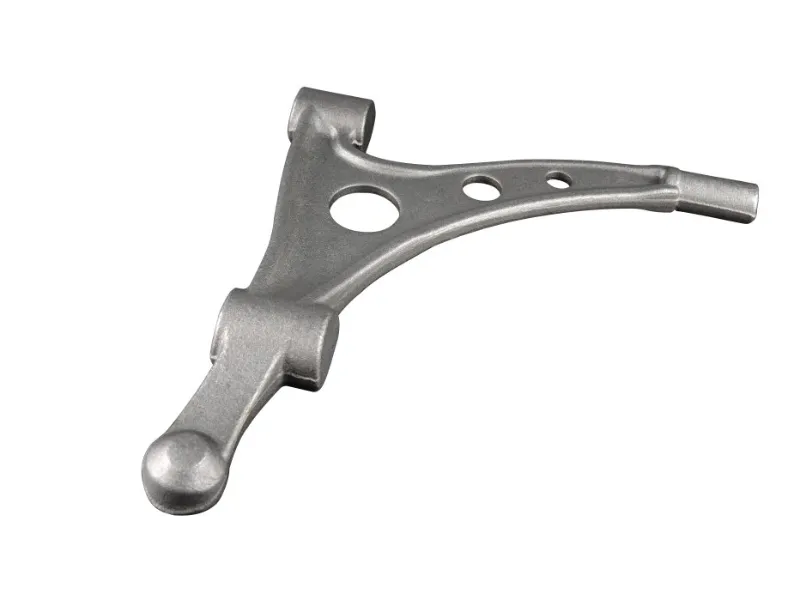
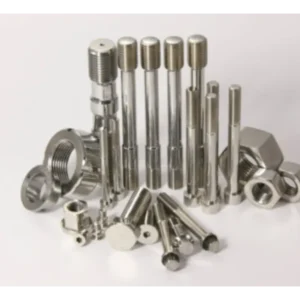
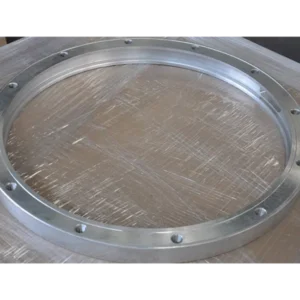
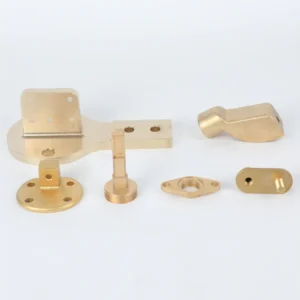
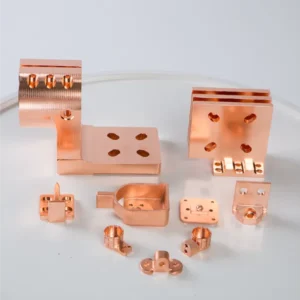
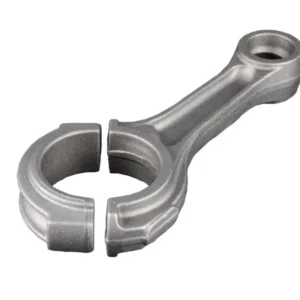
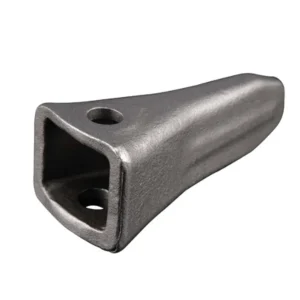
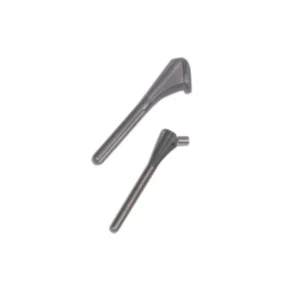
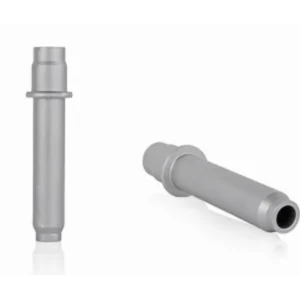
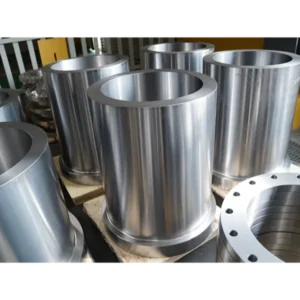
Reviews
There are no reviews yet.